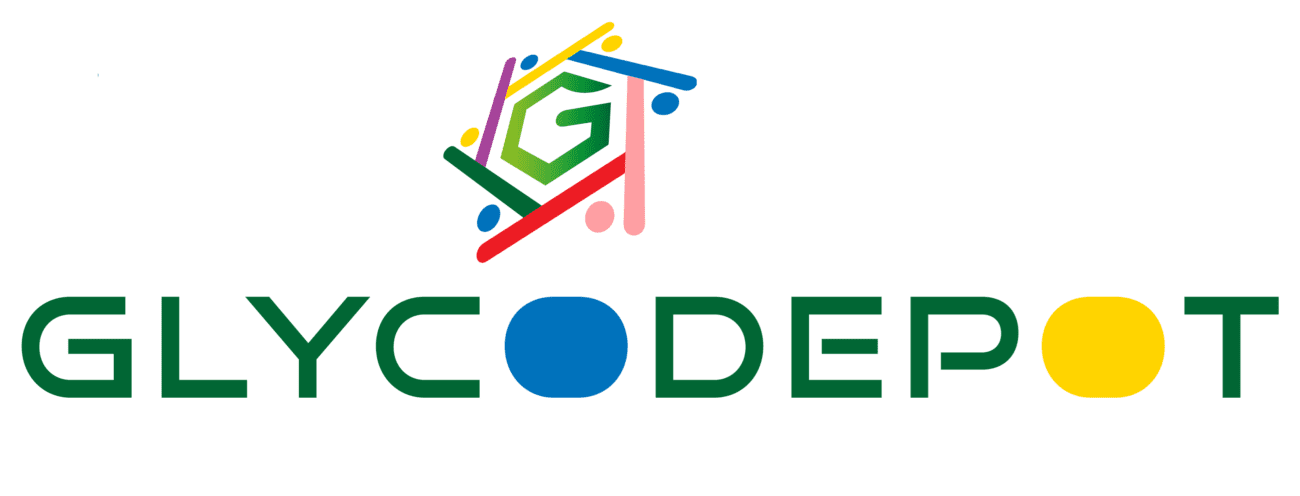Methyl 2-deoxy-L-ribofuranoside is a chemically synthesized sugar derivative belonging to the class of deoxy sugars, characterized by the absence of a hydroxyl group at the 2-position on the ribofuranose ring and the presence of a methyl group at the anomeric position. This compound is typically utilized in organic synthesis and biochemical research as a key intermediate for the preparation of nucleosides and oligosaccharides. It exhibits important properties for regioselective and stereoselective transformations, making it valuable in drug development and the study of carbohydrate chemistry. Its structure mimics ribose but with specific modifications that impact its biological and chemical behavior, allowing it to serve as a substrate for various enzymatic and chemical reactions. Methyl 2-deoxy-L-ribofuranoside is frequently studied for its potential antiviral activities and its ability to interfere with viral replication mechanisms, especially in influenza research. Available as a colorless crystalline powder, this compound is supplied with high purity standards essential for research and pharmaceutical applications.
IUPAC Name
- (2S,3R)-2-(Hydroxymethyl)-5-methoxytetrahydrofuran-3-ol
Appearance
- Colorless crystalline solid
Source
- Synthetic chemical produced via derivatization of L-ribose through methylation and deoxygenation reactions
Molecular Weight and Structure
- Molecular Formula: C6H12O4
- Molecular Weight: 148.16 g/mol
- Structure: Furanose ring lacking hydroxyl at C2, with methyl group at the anomeric carbon; stereochemistry defined in L-configuration
- SMILES: COC1CC@@HC@HO1
Sugar Specificity
- A deoxy sugar mimicking L-ribose with modifications at position 2 and the anomeric carbon
- Specialized substrate in ribonucleoside and oligosaccharide synthesis
Biological Activity
- Shown to have antiviral properties, particularly inhibiting influenza A virus replication
- Used as an intermediate in antiviral nucleoside drugs development
- Acts as a substrate in regioselective and stereoselective organic synthesis reactions
Purity and Microbial Contamination
- Purity typically ≥95% for laboratory and pharmaceutical research
- Supplied as microbiologically pure for chemical use; contaminants minimized by synthetic procedures
Identity and Quality Control
- Confirmed by NMR, HPLC, mass spectrometry, and optical rotation analysis
- Certificate of Analysis provided by suppliers
- InChI key: NVGJZDFWPSOTHM-XSYQQOMZSA-NS
Shelf Life and Storage
- Store in airtight containers at room temperature or refrigerated conditions to ensure stability
- Typical shelf life 1 to 2 years depending on storage environment
- Protect from moisture and light exposure
Application
- Intermediate in the synthesis of nucleosides and antiviral drugs such as brivudine
- Utilized in carbohydrate chemistry studies for regio- and stereoselective transformations
- Employed in biochemical assays to study sugar metabolism and viral inhibition mechanisms
- Used in medicinal chemistry for development of modified sugar analogs with therapeutic potential
Key Characteristics
- Methylated deoxy sugar analog of L-ribose with deoxygenation at C2
- CAS number: 446251-73-6
- Colorless crystalline solid, molecular weight 148.16 g/mol
- High purity, verified by full spectral and chromatographic analyses
- Biologically relevant as an antiviral intermediate and synthetic building block
- Stable under proper storage conditions with 1-2 year shelf life
- Crucial substrate for synthesis of oligosaccharides and nucleosides
- Studied for antiviral activity, especially against influenza A virus
- Facilitates regio- and stereoselective chemical reactions for drug development
- Supplied with rigorous quality control and Certificates of Analysis
Citation
- Glentham Life Sciences product details
- CymitQuimica chemical catalog
- ChemicalBook molecular data
- PubChem methyl-2-deoxy-beta-D-ribofuranoside
- NIST Webbook α,β-Methyl-2-deoxy-D-ribofuranoside
- ChemBK appearance and properties
- PMC comprehensive spectral and chemical analysis
- Axios-Research catalog data
- LGC Standards CAS and molecular details
- ScienceDirect synthesis applications

Reviews
There are no reviews yet.